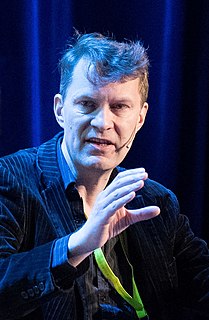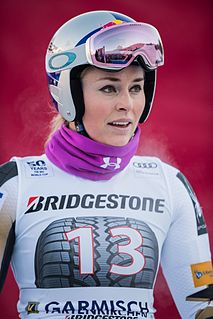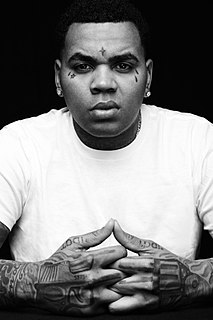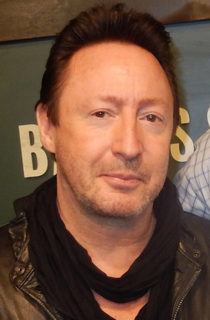A Quote by Matt Dillon
I grew up with the white picket fence. My dad went to work nine to five, and he had a station wagon.
Related Quotes
I wanted to live in the suburbs and have a white picket fence and my own bedroom. And a staircase - I thought having a staircase meant that you were a normal family. I thought somehow if you could transplant us to the suburbs, we would become a normal family. But in retrospect, I'm so grateful I grew up in the Chelsea.
Yeah, you got the family dog and the white picket fence, and you just think that's all there is. Some of us had to grow up in poverty-stricken urban neighborhoods, and we just had to adapt to our environment. I know that it's wrong. But people act like it's some crazy thing they never heard of. They don't know.
I know that Dad was an idol to millions who grew up loving his music and his ideals. But to me he wasn't a musician or a peace icon, he was the father I loved and who let me down in so many ways. After the age of five, when my parents separated, I saw him only a handful of times, and when I did he was often remote and intimidating. I grew up longing for more contact with him but felt rejected and unimportant in his life.
... ... While Dad was fast becoming one of the wealthiest men in his field, Mum and I had very little and she was going out to work to support us.



































